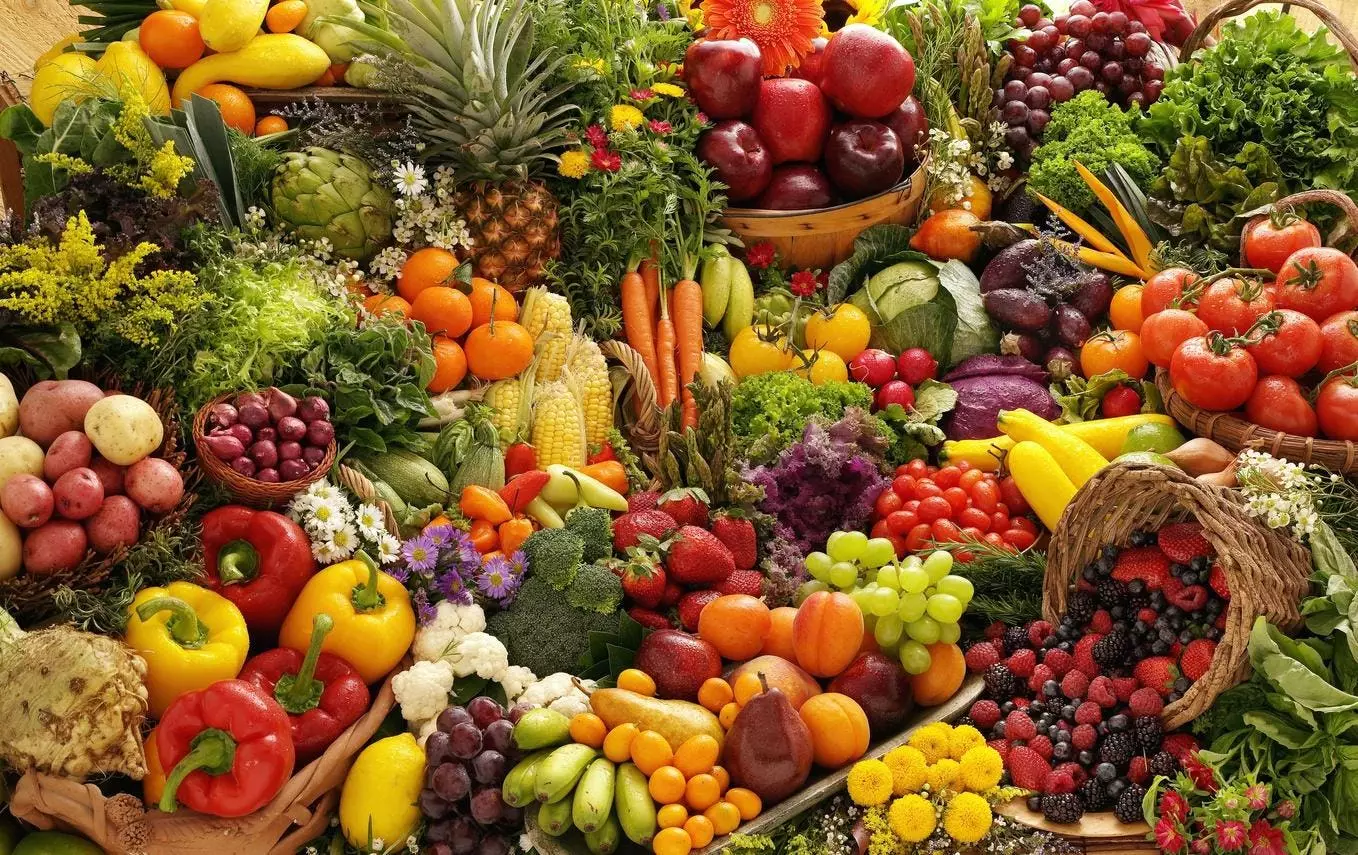Food waste is not merely a logistical dilemma; it has emerged as a stark humanitarian and environmental crisis in the United States. With the FDA estimating that an alarming 30-45% of America’s food supply is discarded, this colossal waste translates to profound implications for global hunger and greenhouse gas emissions. The food industry is beginning to recognize that addressing food waste isn’t just a corporate responsibility; it’s an ethical imperative. Leaders in the sector, such as Hans Sauter of Fresh Del Monte Produce, are vocal about the significance of transforming waste management into a strategic focus that aligns with sustainability goals.
The phenomenon of food waste can be categorized into several types in the produce sector: from rotten food deemed inedible to the rejection of „ugly“ fruits and vegetables that don’t meet aesthetic standards. Furthermore, a significant portion of waste comprises older items overstaying their welcome in the supply chain and excess output that consumers cannot utilize. Stripped seeds and rinds also contribute to the waste stream. Since some degree of food waste is unavoidable, the necessity for strategic loss reduction measures becomes critical—not just for enhancing food security, but also for sorbing the environmental consequences tied to waste decomposition in landfills, which produce harmful greenhouse gases.
Innovative Strategies on the Pacific Coast
In a pioneering response to the food waste challenge, the Pacific Coast Food Waste Commitment (PCFWC) has materialized through a groundbreaking alliance between food retailers and suppliers across California, Oregon, and Washington. This multifaceted initiative aims to harness collective resources and share insights gleaned from various projects designed to curtail waste. The partnership showcases an admirable commitment to collaboration in an era where individual efforts often fall short.
At the heart of the PCFWC’s strategy is an innovative approach: engaging those who work closest to the food supply chain. This engagement empowers frontline employees—those who physically handle the products—to contribute ideas towards waste reduction. It is a refreshingly democratic approach that fosters a sense of ownership and responsibility among workers, making them active participants rather than passive observers of the processes affecting their industry.
Fresh Del Monte, under Sauter’s guidance, adopted this employee-centric model at its North Portland facility to tackle waste. Their experience offers illuminating insights into how fostering an inclusive workplace environment can yield powerful results. When employees are educated about the enormity of food waste and invited to contribute their ideas, the results can be astonishing. Approximately 75% of the staff stepped forward with an impressive 197 distinct ideas aimed at reducing waste, demonstrating a remarkable level of engagement and investment in the company’s sustainability initiatives.
The Power of Employee Engagement
Employee involvement proved transformative. When staff comprehend the connection between food waste, climate change, and community welfare, their perspectives evolve. As Sauter aptly notes, understanding food waste extends beyond business implications; it touches every household and community. The “winning” idea that emerged from this initiative involved a seemingly simple adjustment to the sorting and sanitation processes, allowing for the recovery of a significant portion of fruit that would have otherwise gone to waste. This small change yielded unprecedented results, recovering 53.2% of what would traditionally be discarded.
Such revelations challenge the notion that addressing food waste requires complex, high-tech solutions. Instead, the focus should be on optimizing existing processes through grassroots ideas and local expertise. Fresh Del Monte is now poised to roll out this successful initiative across its other facilities in the U.S., amplifying the benefits seen in Portland to a national scale.
The Broader Implications and Trend of Multi-Stakeholder Solutions
Amid rising concerns about climate change and food security, the dialogue surrounding food waste is evolving. Retailers, producers, and nonprofits are increasingly collaborating to devise multi-faceted strategies that account for different stages of the food supply chain. From preventive measures to damage control through donation, and practices to recycle or upcycle wasted resources, the solutions being developed put forward a powerful narrative: food waste should no longer be treated as an inevitable outcome, but as a challenge to be innovatively met.
The complexities of food waste highlight the need for cohesive strategies that transcend organizational boundaries, underscoring the critical importance of coordinated efforts in tackling such a pervasive issue. Empowering the individuals closest to the food processing stages, as evidenced by the engagements within PCFWC, is not just practical but essential for sustainable advancement in the industry. Through this collective commitment to action, the food industry is not simply confronting waste; it is embracing an opportunity for transformative change that could ripple throughout society and the environment alike.


Napsat komentář